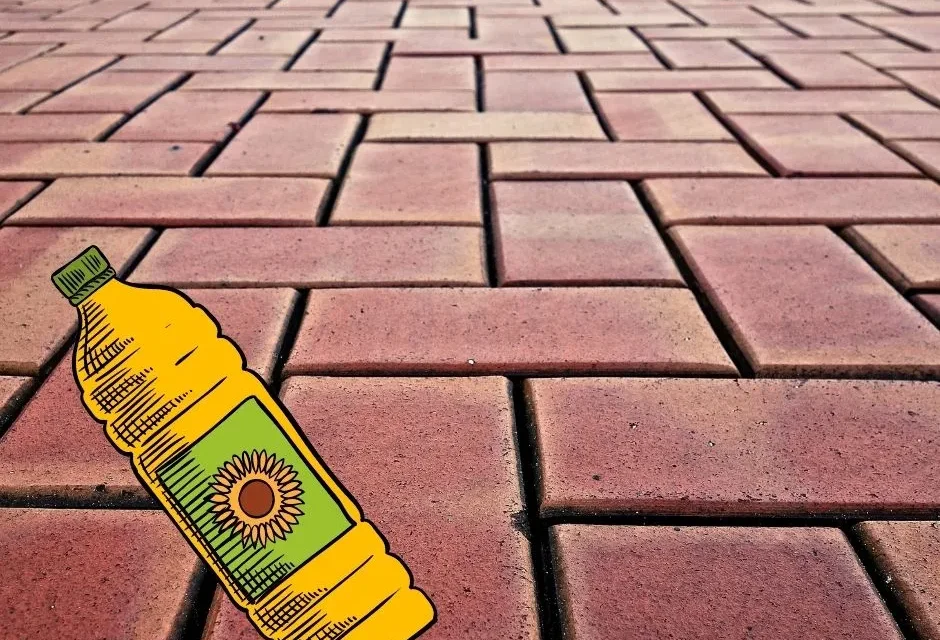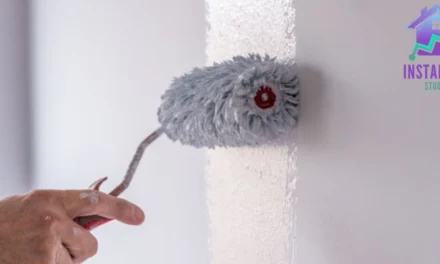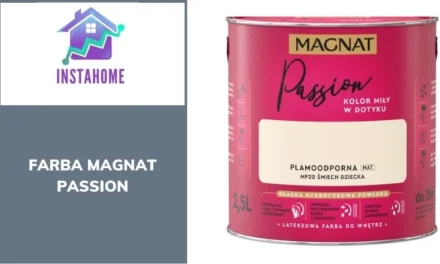Impregnating paving stones with edible or linseed oil is one of the most misguided ideas you can come up with when impregnating a paving stone.
This procedure does nothing. The effect is very short-lived (one month, maximum 1 season). Later, it loses a lot of aesthetics and requires specific cleaning.
We, however, are not advocates of this and several other methods.
Today we will present you some, in our opinion, unsuccessful ideas regarding the impregnation of the ankle.
In addition, we also recommend you to read some of the most common mistakes made during impregnation https://instahome.info/najczestsze-bledy-popelniane-przy-impregnacji-kostki-brukowa/
If you are planning to hire a paving company, you should definitely find out what questions you need to ask to avoid misunderstandings and so that the specialist remembers that he has to do a quote for you at the end of the working day.
In addition, you will be able to find out about the prices of individual paving services in the article Paver 3 price lists in your city
A factory-impregnated block does not need to be impregnated
This is of course true. If your cube has been impregnated at the factory from new.
Whether or not the cube was impregnated at the factory is important, but only at the beginning.
Impregnation of paving stones is a repetitive procedure, but not necessary.
Maneuvering areas and car parks are not impregnated and still exist. This is mainly about the aesthetic aspect, which is not the most important feature of, for example, a parking lot.
Impregnated cubes do not lose their qualities from one to a maximum of 3 or 4 seasons without re-impregnation.
Manufacturers very rarely or do not specify after what time we should impregnate the ankle again.
Usually, the investor makes such a decision based on how the cube looks.
Paving stones do not need to be impregnated at all
That’s right, you don’t need to impregnate the paving stones, the effects of this decision will not be visible for 1 season, maybe the second, and sometimes even three years.
However, when this time has passed, the cube may start to crack due to the water that freezes in winter.
Such weakening will translate into its strength, it will begin to peel and will be susceptible to lichen, it will lose its original color, etc.
While we’re at the loss of color, I suggest getting acquainted with coloring impregnations that will protect the ankle, while changing or emphasizing its color.
Impregnation of paving stones with water glass
It’s like taking one item out of your entire dinner and saying you’re only going to eat that part of the dish for dinner now.
Water glass acts as a sealant in concrete mortars. Concrete with water glass is the basic building material, e.g. of a concrete septic tank.
Water glass should not be used separately, it is part of the protective substances.
It should not be used on its own as a standalone product. It can give the cube a „wet cube” effect, with an emphasis on maybe, which is an irreversible process.
In addition, it is worth mentioning that water glass is aggressive and can cause wounds on the human body.
Why clean, because the rain will wash the Dirt off the Cube
Exactly, rain is able to wash light dirt such as dust, sand, etc. However, it makes sense in the case of non-absorbent surfaces, such as raw paving stones.
However, if the cube is impregnated, the situation is completely opposite, it is much easier to get rid of dirt with the help of rain.
Lacquering paving stones with polyurethane varnish
This is a common procedure, but unfortunately unfavorable for paving stones.
Why not? First of all, some polyurethane varnishes have very little UV resistance, which means that the paving stone will turn yellow very quickly (this effect is irreversible).
Secondly, varnish is unimaginably expensive, so we advise you to steer clear of this solution. Because in return we will get a high gloss effect, and over time a yellowed cube at a considerable high price.
If you would like to learn more about impregnation, please visit the article in which we quickly answer the most frequently asked questions https://instahome.info/impregnacja-kostki-brukowa-qa/
And if you are planning to impregnate, we recommend our guide on how to do it correctly https://instahome.info/jak-impregnowac-kostke-brukowa-poradnik/





